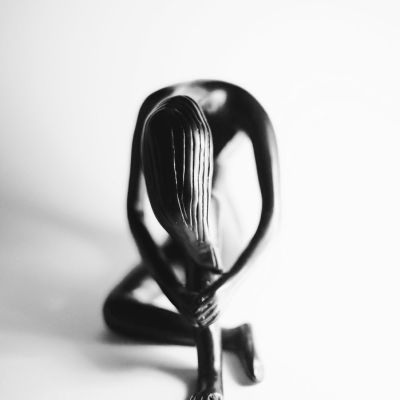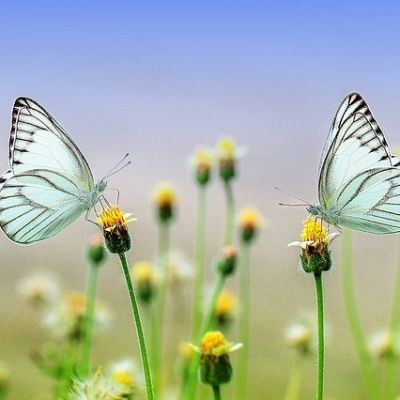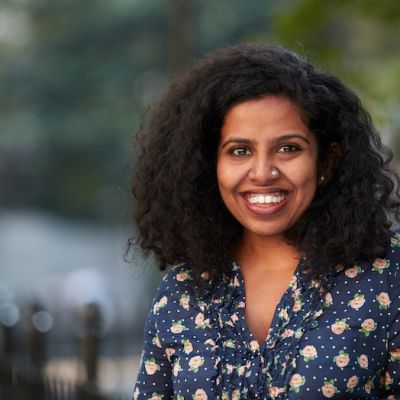sex
I am a 25-year-old cis woman and I recently had sex with another woman for the first time. It was new, it felt nice, but it just didn’t feel safe.
As we see through this issue of In Plainspeak, stories have in them the power of exposing brutal truths about society and therefore also bring with them the possibility of reform, change, and hope, and when not possible, temporarily escaping into other worlds.
The Handmaid’s Tale leads one to re-examine these two forms of social hierarchy that women have to navigate: one where they apparently have equal sexual rights as men but have to bear most of the brunt of unwanted pregnancies, reproductive burdens and the like, and the other extreme where their decisions including those about sexual identity and procreation are institutionalised and they are robbed of all agency and autonomy.
Considering how sexuality was a running (and selling) theme in pulp fiction stories, and female sexuality was employed as a means to titillate and attract readers, the covers often reflected this.
Much like any good erotic encounter, Balli Kaur Jaswals’ 2017 novel, Erotic Stories for Punjabi Widows, is a delightful romp that comes to a satisfying, sweet climax and an urge to fall back on the pillows.
Fragile and fleeting like soap bubbles, pleasure shines with many colours. But its iridescence is frightening for many. Perhaps because its colours change in unpredictable and uncontrollable ways, and though fragile and fleeting, it is a world in itself
Pleasure, in the context of the private, defines the parlance of sexual satisfaction. As a womxn, the private is also the public: how I present and play with my gender, is a way of seeking validation of who I am.
Saying yes to pleasure is as important as saying no to danger. To focus only on danger and keep it separate from pleasure leads to half-knowledge.
Lawrence may have given Elena a world and a voice. But it was she who chose to delve into the unknown world of sexuality. It was she who chose to see the beauty and the richness of pleasure within communities of sex workers, soldiers, the elite, all alike. She alone chose to discern as well as reconcile love, as we commonly seem to know it, with a life in which she is capable of many loves.
It was so wonderful when I got sexual pleasure from someone I loved, someone I had fun with, someone I trusted, and someone whom I liked as a person!
We need to disturb the institutionalised infrastructure and skew power dynamics even when it comes to something as complex as pleasure. Being aware of our language and the practices of our sexuality and denuding them of socially imbibed constructions will open up a safe space for discussing the diversity of our sexual behaviour.
Jasmine George is a TEDx speaker, lawyer, and a sexual and reproductive health advocate from India. She is the founder of Hidden Pockets and currently curates conversations around sexuality and other fields. She is passionate about using alternative means in law and technology to explore sexuality
In spite of the general divergence between the notion of purity and sacredness and the general discourse on sex, I firmly believe that little else in life is as divine as sharing sexual pleasure with another person. Realising this relinquished the shame that I felt and presented itself as an opportunity for me to re-learn how to enjoy sex.
Spirituality and sexuality (for most people, if they are not asexual or voluntarily celibate, either of which is their right to be) are both about union. And they are both about deeply personal and intimate aspects of oneself.
My interaction with men started once I finished school and most men in my life have been decent to me, to say the least. However, there are different sides of maleness or manhood that I have come to experience.















